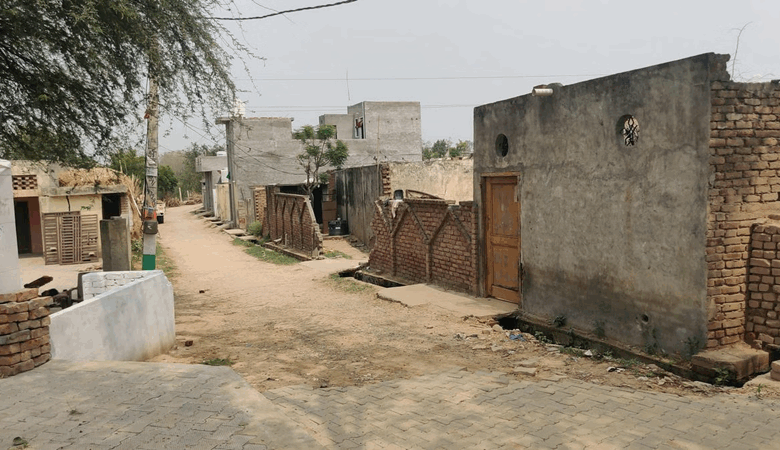Haryana Village Resists ASI Eviction Over Mahabharata-Era Excavation Site
News Mania Desk / Piyal Chatterjee / 17th June 2025

In the village of Theh Polar, located in Haryana’s Kaithal district, a major conflict is brewing between the local residents and the Archaeological Survey of India (ASI). The dispute revolves around a 48.3-acre plot of land, believed by the ASI to be of historical significance, possibly dating back to the Mahabharata era. However, over 5,000 villagers, many of whom are descendants of families displaced during the Partition of India in 1947, now reside on this land and are refusing to vacate.
The ASI claims ownership of the site, purchased in 1926, which was officially declared a protected archaeological site in the 1930s. It has conducted excavations in the area multiple times, most recently in 2013. Findings have included Painted Grey Ware pottery, copper seals, coins, and artefacts from the Kushan period. While these findings are historically valuable, no conclusive evidence has yet emerged to firmly link the site to events from the Mahabharata.
On May 15, 2025, the ASI issued eviction notices to 206 families, citing unauthorized occupation under the Public Premises (Eviction of Unauthorised Occupants) Act, 1971. This sudden move has caused widespread unrest, with locals arguing that their families have lived there legally for decades. The villagers have mobilized under the banner of the Polar Bachao Samiti and raised funds to challenge the eviction in the Punjab and Haryana High Court.
Residents are not opposed to archaeological exploration but demand a humane and lawful approach. They allege that no proper hearings were given and claim emotional and mental distress, including a reported death from a heart attack shortly after a notice was served.
As the ASI moves to clear what it views as encroachments to facilitate future excavations, villagers argue that their right to shelter and dignity must be respected. The standoff highlights the growing tension between heritage conservation and human habitation, raising vital questions about how India should preserve its ancient past without compromising the rights of present-day communities.






